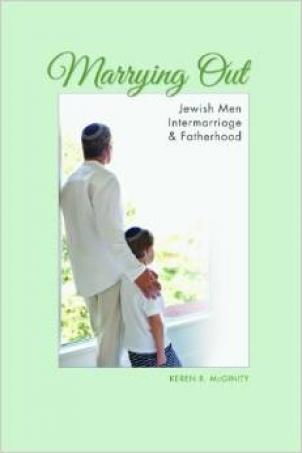New Books by CBBG Advisors!
Posted on
We are excited to share news about some of the latest work by members of the Crossing Borders, Bridging Generations (CBBG) team of advising scholars:
Global Mixed Race (NYU Press, 2014) edited by Rebecca C. King-O'Riain, Stephen Small, Minelle Mahtani, Miri Song, and Paul Spickard:
"Patterns of migration and the forces of globalization have brought the issues of mixed race to the public in far more visible, far more dramatic ways than ever before. Global Mixed Race examines the contemporary experiences of people of mixed descent in nations around the world, moving beyond US borders to explore the dynamics of racial mixing and multiple descent in Zambia, Trinidad and Tobago, Mexico, Brazil, Kazakhstan, Germany, the United Kingdom, Canada, Okinawa, Australia, and New Zealand. In particular, the volume’s editors ask: how have new global flows of ideas, goods, and people affected the lives and social placements of people of mixed descent? Thirteen original chapters address the ways mixed-race individuals defy, bolster, speak, and live racial categorization, paying attention to the ways that these experiences help us think through how we see and engage with social differences. The contributors also highlight how mixed-race people can sometimes be used as emblems of multiculturalism, and how these identities are commodified within global capitalism while still considered by some as not pure or inauthentic."
Geographies of Liberation: The Making of an Afro-Arab Political Imaginary (The University of North Carolina Press, 2014) by Alex Lubin:
"In this absorbing transnational history, Alex Lubin reveals the vital connections between African American political thought and the people and nations of the Middle East. Spanning the 1850s through the present, and set against a backdrop of major political and cultural shifts around the world, the book demonstrates how international geopolitics, including the ascendance of liberal internationalism, established the conditions within which blacks imagined their freedom and, conversely, the ways in which various Middle Eastern groups have understood and used the African American freedom struggle to shape their own political movements."
Marrying Out: Jewish Men, Intermarriage, and Fatherhood (The Modern Jewish Experience) by Keren McGinity is forthcoming in August 2014 (Indiana University Press):
"When American Jewish men intermarry, goes the common assumption, they and their families are "lost" to the Jewish religion. In this provocative book, Keren R. McGinity shows that it is not necessarily so. She looks at intermarriage and parenthood through the eyes of a post-World War II cohort of Jewish men and discovers what intermarriage has meant to them and their families. She finds that these husbands strive to bring up their children as Jewish without losing their heritage. Marrying Out argues that the "gendered ethnicity" of intermarried Jewish men, growing out of their religious and cultural background, enables them to raise Jewish children. McGinity’s book is a major breakthrough in understanding Jewish men’s experiences as husbands and fathers, how Christian women navigate their roles and identities while married to them, and what needs to change for American Jewry to flourish."
Racial Reckoning: Prosecuting America's Civil Rights Murders by Renee C. Romano is forthcoming in September 2014 (Harvard University Press):
"Few whites who violently resisted the civil rights struggle were charged with crimes in the 1950s and 60s. But the tide of a long-deferred justice began to change in 1994, when a Mississippi jury convicted Byron De La Beckwith for the 1963 murder of Medgar Evers. Since then, more than one hundred murder cases have been reopened, resulting in more than a dozen trials. But how much did these public trials contribute to a public reckoning with America’s racist past? In Racial Reckoning, Professor of History, Comparative American Studies and Africana Studies Renee Romano investigates that question, along with the political pressures and cultural forces that compelled the legal system to revisit these decades-old crimes."


